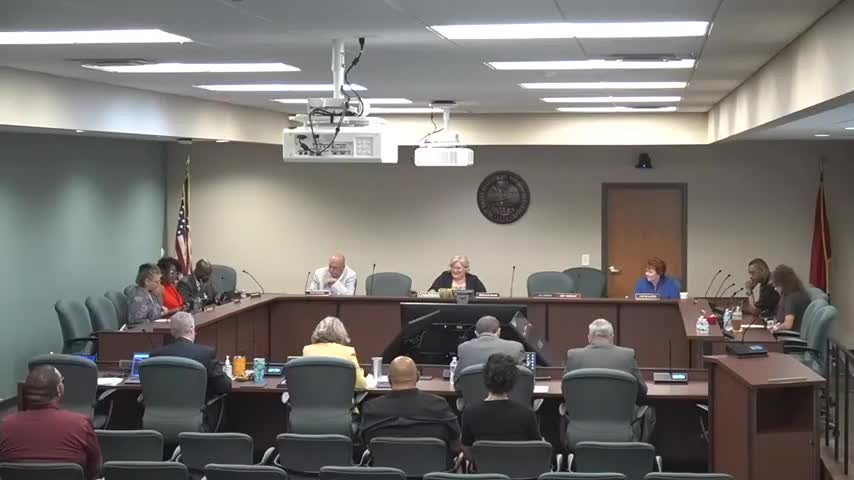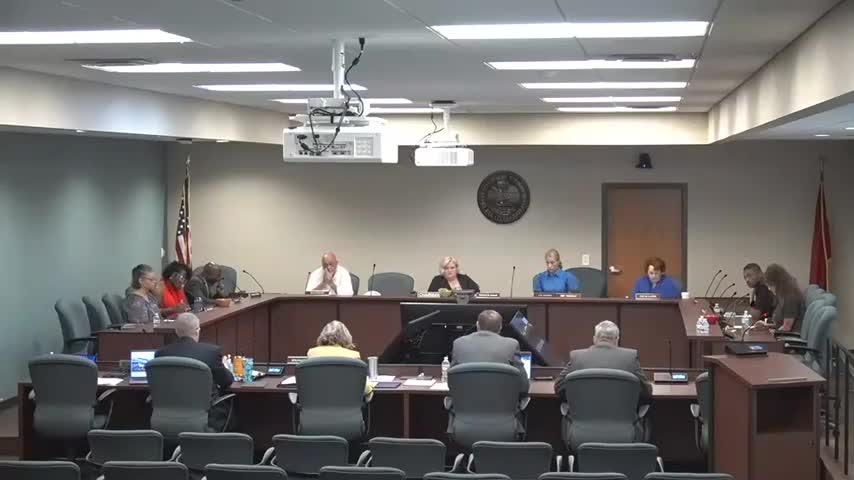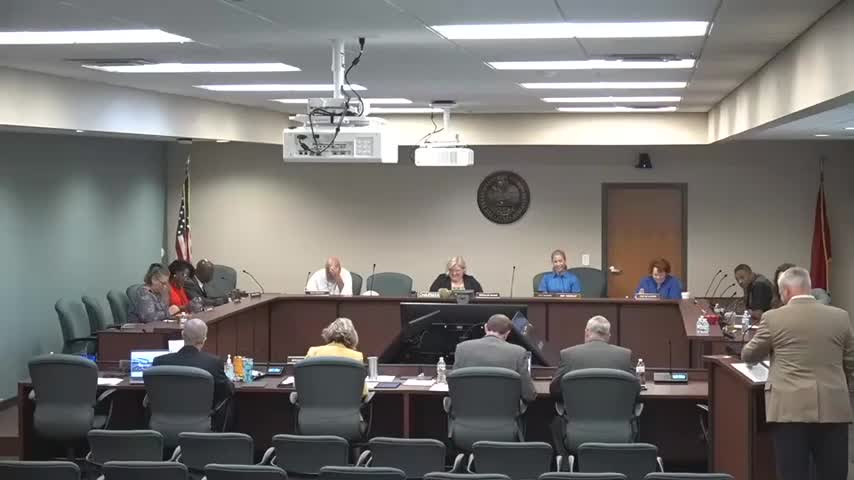Article not found
This article is no longer available. But don't worry—we've gathered other articles that discuss the same topic.

Cosmetology and Barber board approves multiple new schools, denies two applications; several test and reciprocity requests granted

Board defers decision on 'Avagon Pro' body‑sculpting device for aesthetics; legal staff recommends formal advisory opinion

